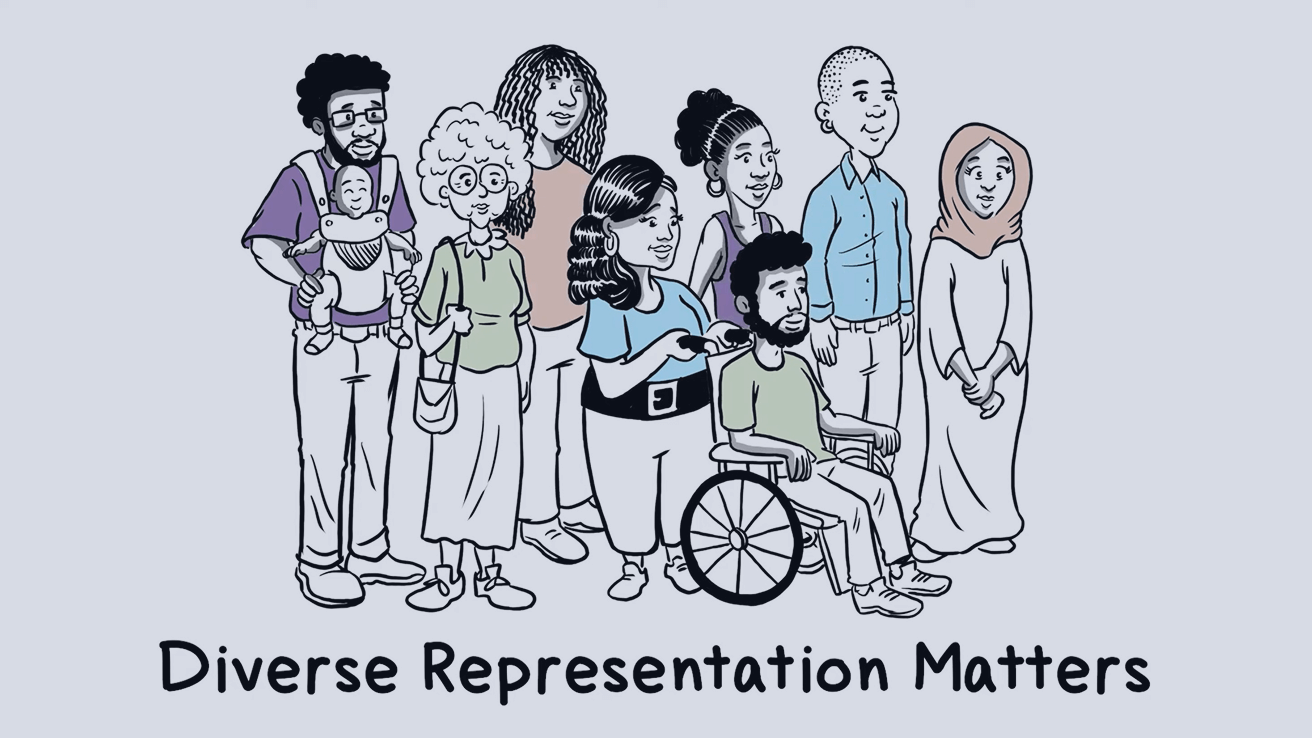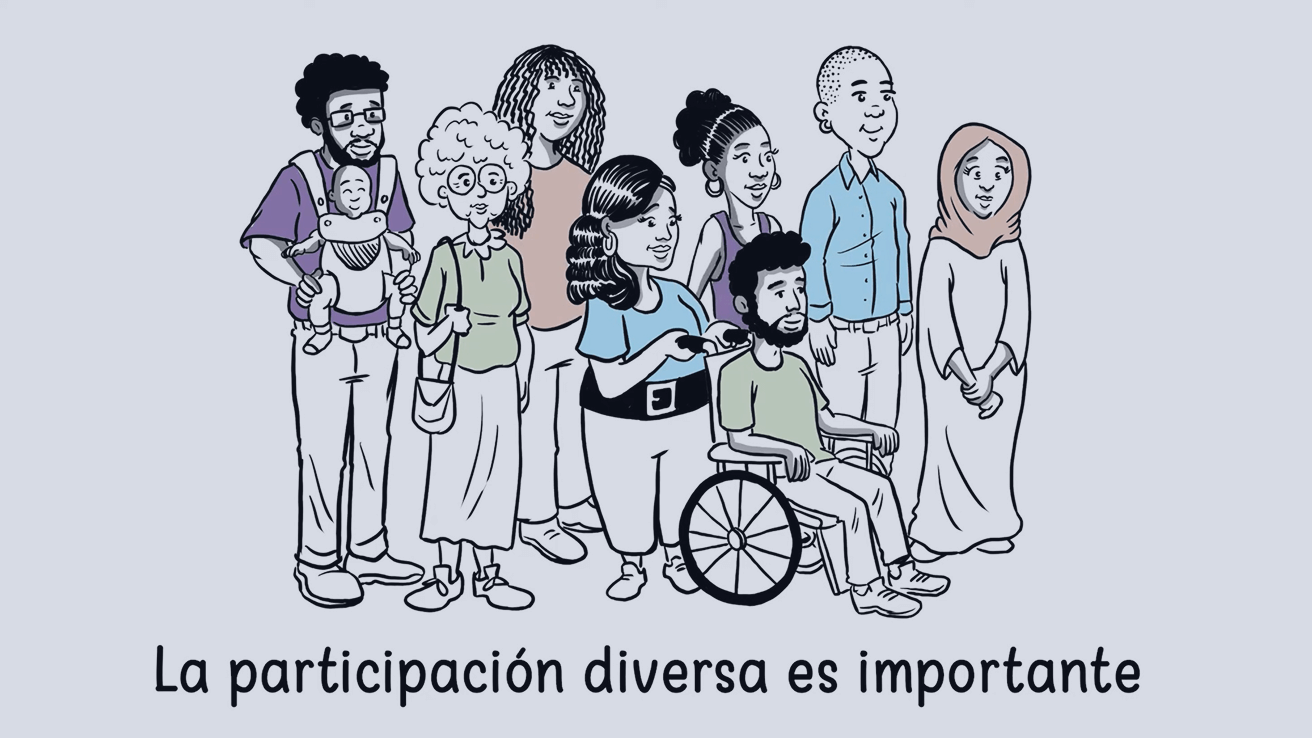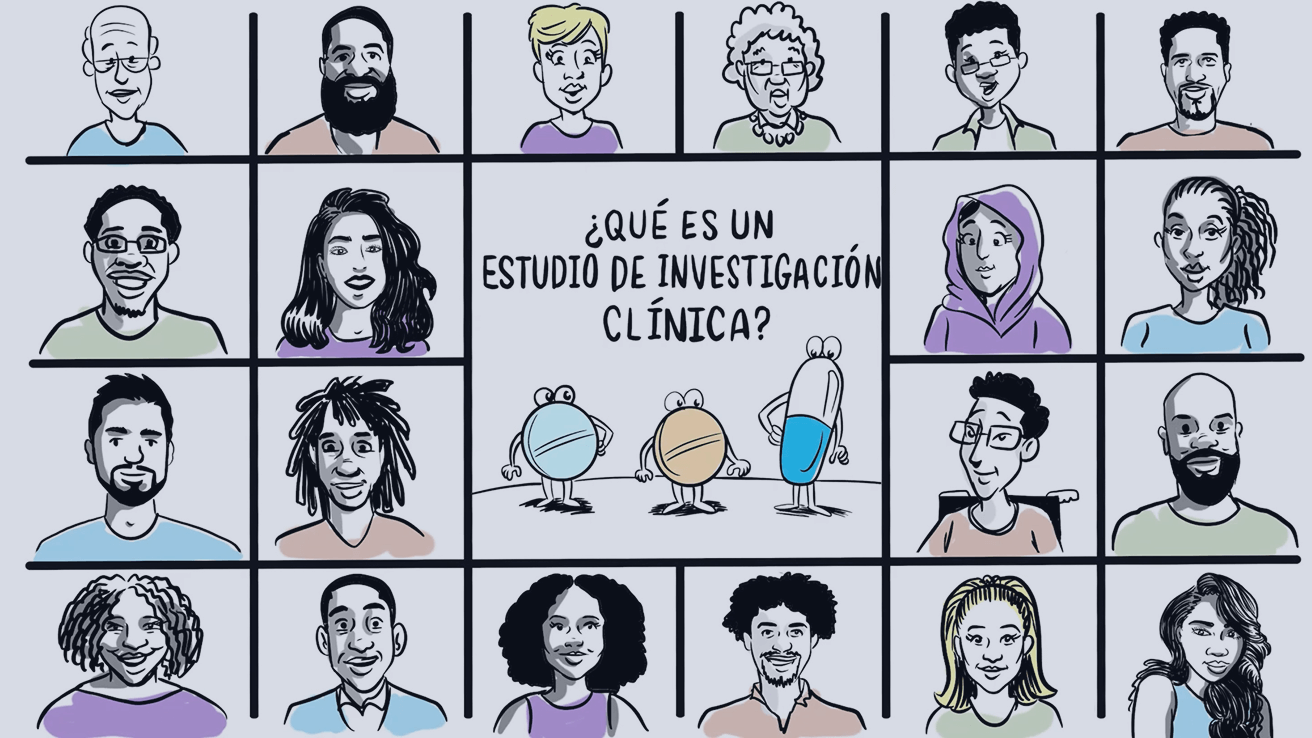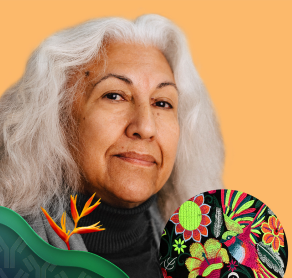Information about clinical studies
About clinical research in general
Introduction to clinical studies and their importance in clinical research
Clinical studies (also known as clinical trials) are carefully controlled scientific investigations. Clinical studies like the GO44900 study help doctors and researchers answer important questions about an investigational drug such as:
Does it work?
Does it cause any unwanted effects?
Does it work better than existing options?
Thousands of people all around the world take part in clinical studies every year. The results of these studies must be approved by health authorities like the Food and Drug Administration (FDA) before a drug can be prescribed by doctors outside the setting of a clinical study.


Overview of clinical study phases and the process of conducting a study
Every investigational drug must pass through several stages before it can be submitted for approval for general use. Each stage has a different aim and helps us to answer different questions.
Phase 1a
Small studies (20–80 people) conducted under close supervision. These make sure an investigational drug (or a combination of drugs) is safe, helping us begin to learn about doses that may have a therapeutic effect.
Phase 1b
Small studies that build on data from phase 1a studies. Researchers study the safety, side effects, dose, and how well a certain type of cancer or other disease responds to an investigational drug. The GO44900 study is a phase 1b study.
Phase 2
Larger studies (100–300 people) that may involve a placebo (a ‘dummy drug’). These help us learn more about any potential unwanted effects and whether or not the investigational drug is an effective treatment.
Phase 3
Even larger studies (300–3,000 people) that may involve a placebo and/or a comparator (an existing treatment). These help us learn more about unwanted effects, whether or not the investigational drug is an effective treatment, and how it compares to existing treatments.
Medication approved for general use
Phase 4
These studies take place once an investigational drug has been approved for use. They help us learn how the treatment affects people in the long term.

Addressing common misconceptions and concerns about clinical studies
There is a lot of misinformation about clinical research, and you’ll probably have lots of questions about clinical studies. So, we’ve included some short videos below to provide you with accurate information about clinical research. We’ve also included FAQ sections throughout this website.
Is a clinical research study right for me? (English)

Is a clinical research study right for me? (Spanish)

Why Hispanic/Latino representation in clinical research matters (Spanish)

Clinical Trials Resource Center – Blackdoctor.org – Where Wellness & Culture Connect (English)



Frequently asked questions (FAQs) about clinical studies
Before a clinical study can begin, it must first pass through a strict approval process. During this process, the study’s protocol (or plan) will be assessed by regulatory authorities who are independent of the company conducting the clinical study. These regulatory boards make sure that participant safety is the top priority.
Safety measures include regular health monitoring and access to care for the treatment of any unwanted effects that might arise from participating in this study.
Yes. Every person who joins this study will undergo all health assessments and procedures, as outlined in the study’s protocol. Furthermore, every person who joins this clinical study will receive the investigational drug.
Clinical studies are heavily regulated. Before a clinical study can take place, its protocol (or plan) has to be checked and then approved by independent regulatory authorities. During a clinical study, there are strict processes in place which every member of the study team must adhere to. These processes are designed to protect the privacy, data, safety, and wellbeing of every person in the study, regardless of their background.



.png)
